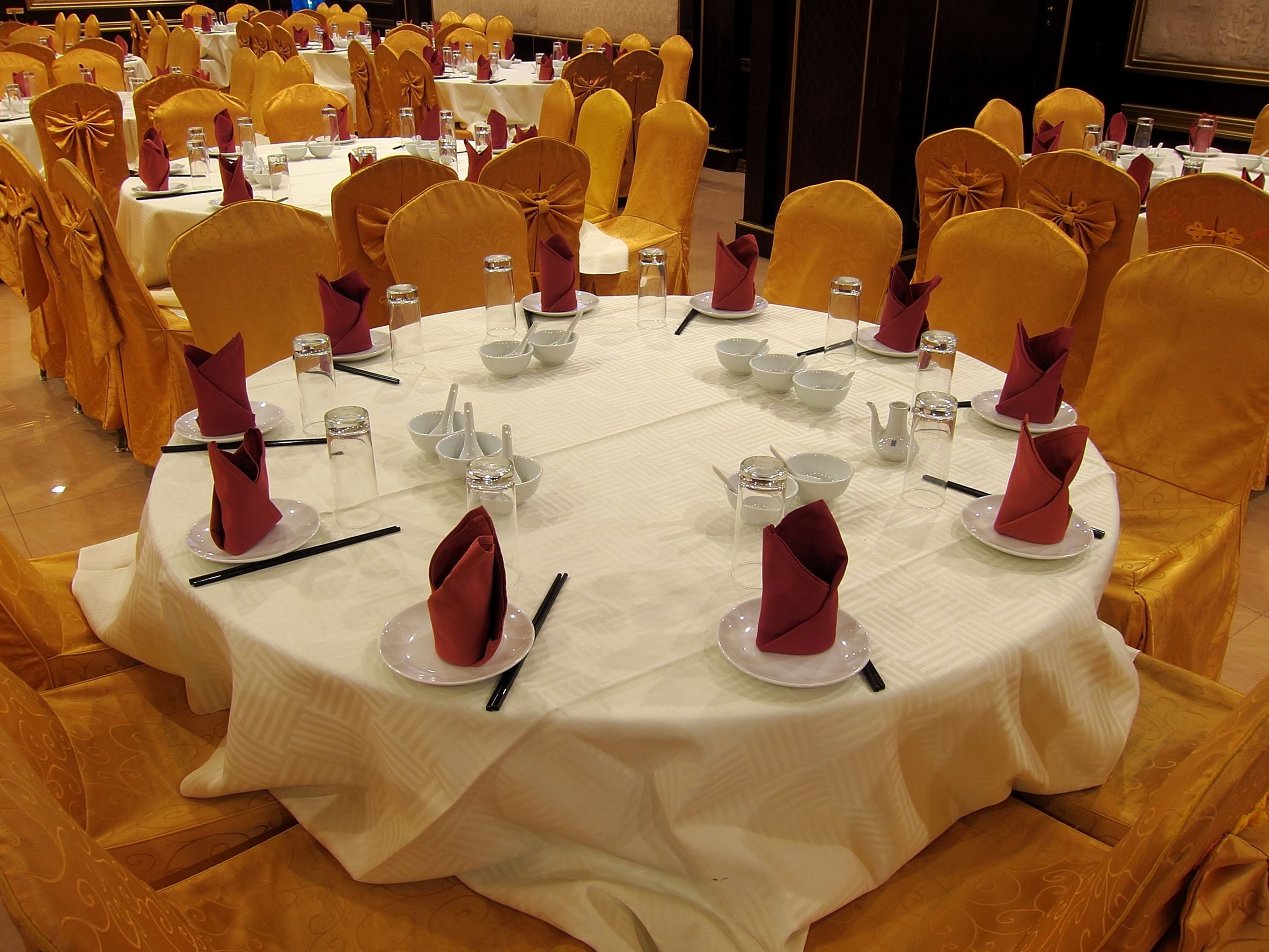.jpg) In sports, every king of game has its special footwear designs. Brands like Puma, Adidas, Nike, and Reebok are the top five brands of the world in this aspect. Footballers need special boots, and cricketers need something completely different. When it comes to rugby footwear, it doesn’t only include boots, but other additions like socks, spikes or studs, lace covers, stud wrenches, laces, and boot kits. One of the very important rugby boot accessories that people seldom remember to buy is a deodorizer or a kit fresher. You wouldn’t want your bag smelling like something the cat dragged in would you?
In sports, every king of game has its special footwear designs. Brands like Puma, Adidas, Nike, and Reebok are the top five brands of the world in this aspect. Footballers need special boots, and cricketers need something completely different. When it comes to rugby footwear, it doesn’t only include boots, but other additions like socks, spikes or studs, lace covers, stud wrenches, laces, and boot kits. One of the very important rugby boot accessories that people seldom remember to buy is a deodorizer or a kit fresher. You wouldn’t want your bag smelling like something the cat dragged in would you?
To concentrate more on the subject of boots, rugby footwear depends on a number of factors. It depends on the position you play in – whether a forward, defender, or scrum player. It depends on the type of ground you’re playing on – whether it’s muddy, hard, or sandy. Another very important factor is knowing which kind of boot to use at which time, and which outsole and which studs to use in accordance to the variable factors. Here is a short guide to the different types of rugby boots –
Low Cut Boots – These are meant for the tackle players who will need to sprint and gain speed in short bursts. They are usually very light, and have a strong tip for kicking. The alloy studs are most commonly used on low cuts, though most kinds have flexible stud bases. The low cut boots are also very good for soft wet grounds and muddy fields. They have to be suited for maximum impact absorption and hard running.
Firm Ground Boots – Since most rugby practices today are held in indoor surfaces, and with the game spreading to all climates, rubber studs for firm ground boots are gaining popularity. They are perfect for synthetic floors, and have been added to the list of essential rugby footwear. They are also very suitable for hard grounds where metal studs and sharp spikes would make running difficult because of impact.
Mid Cut Boots – These are different from low cuts because of the extra support they offer for the ankle and soles. They are made extra light because of they are mainly for forward players who need to run long distance on soft ground, but they also offer additional support for the feet under the pressure of the ‘Scrum’ for the defense team. The rugby footwear have to come with 8 studs to give extra grip.



